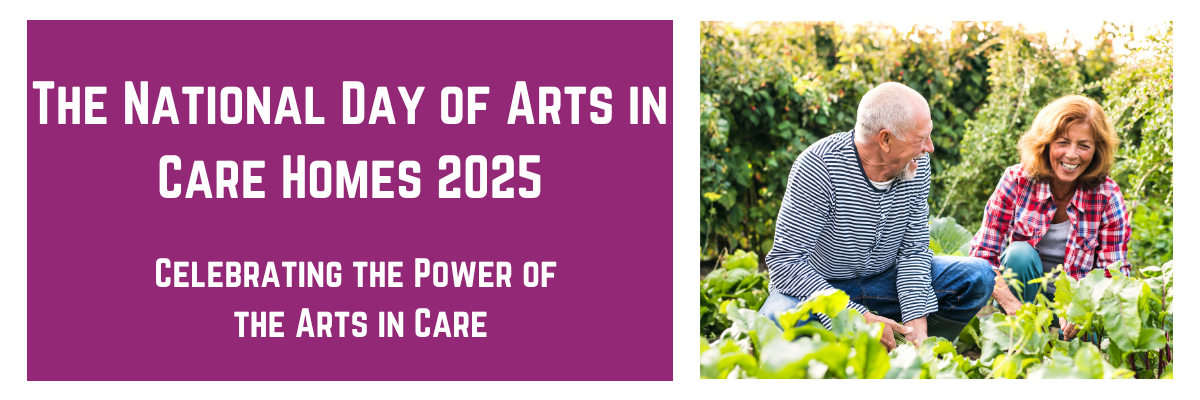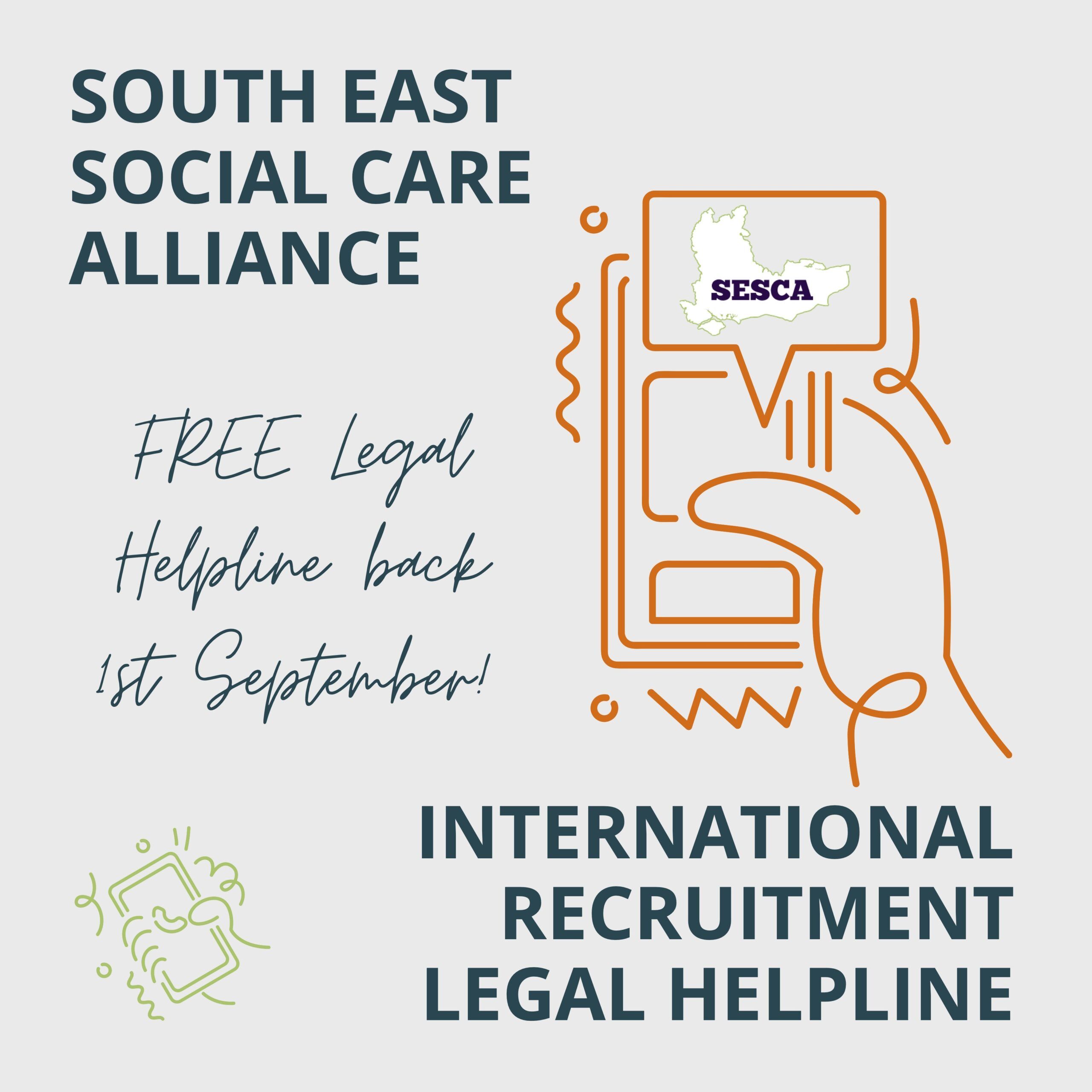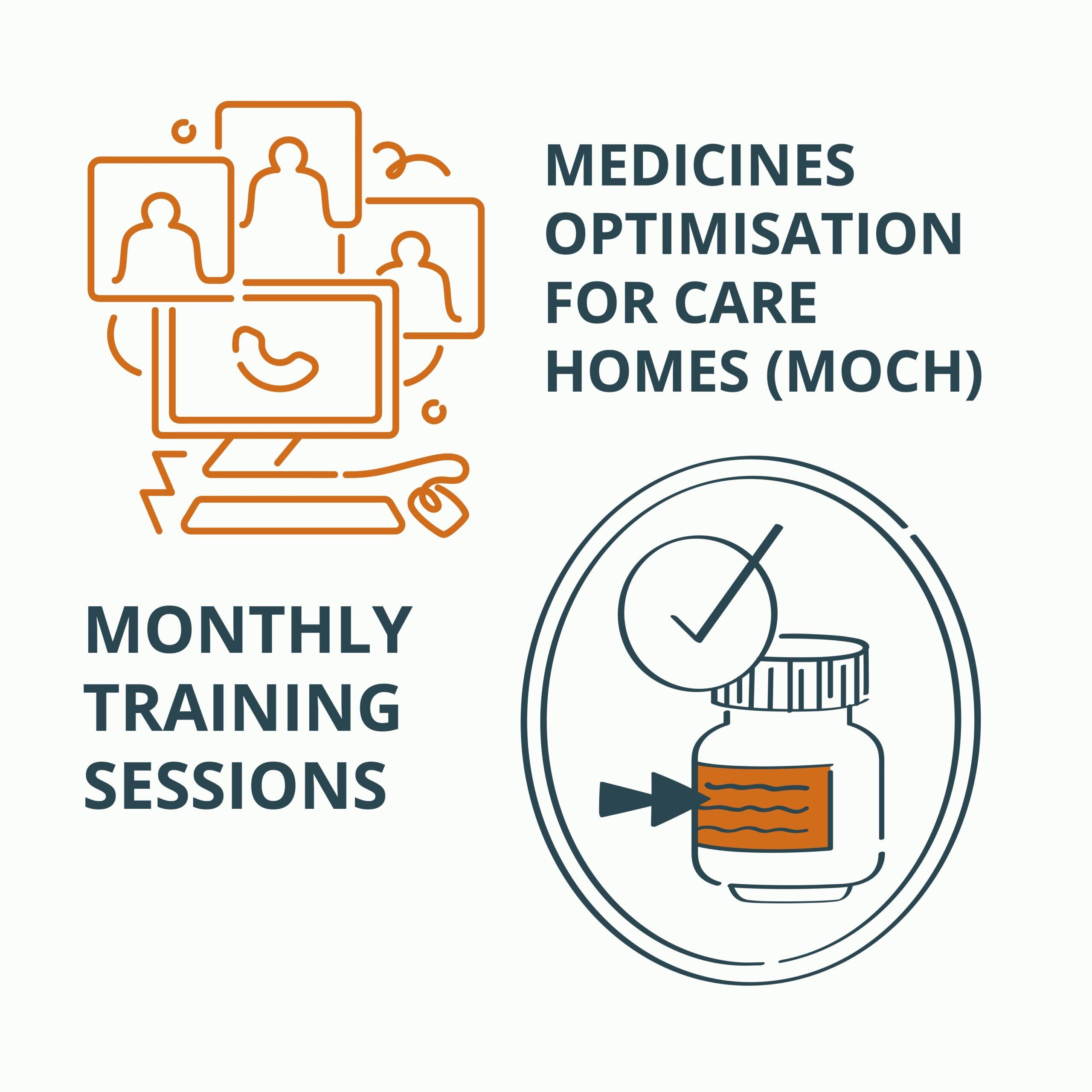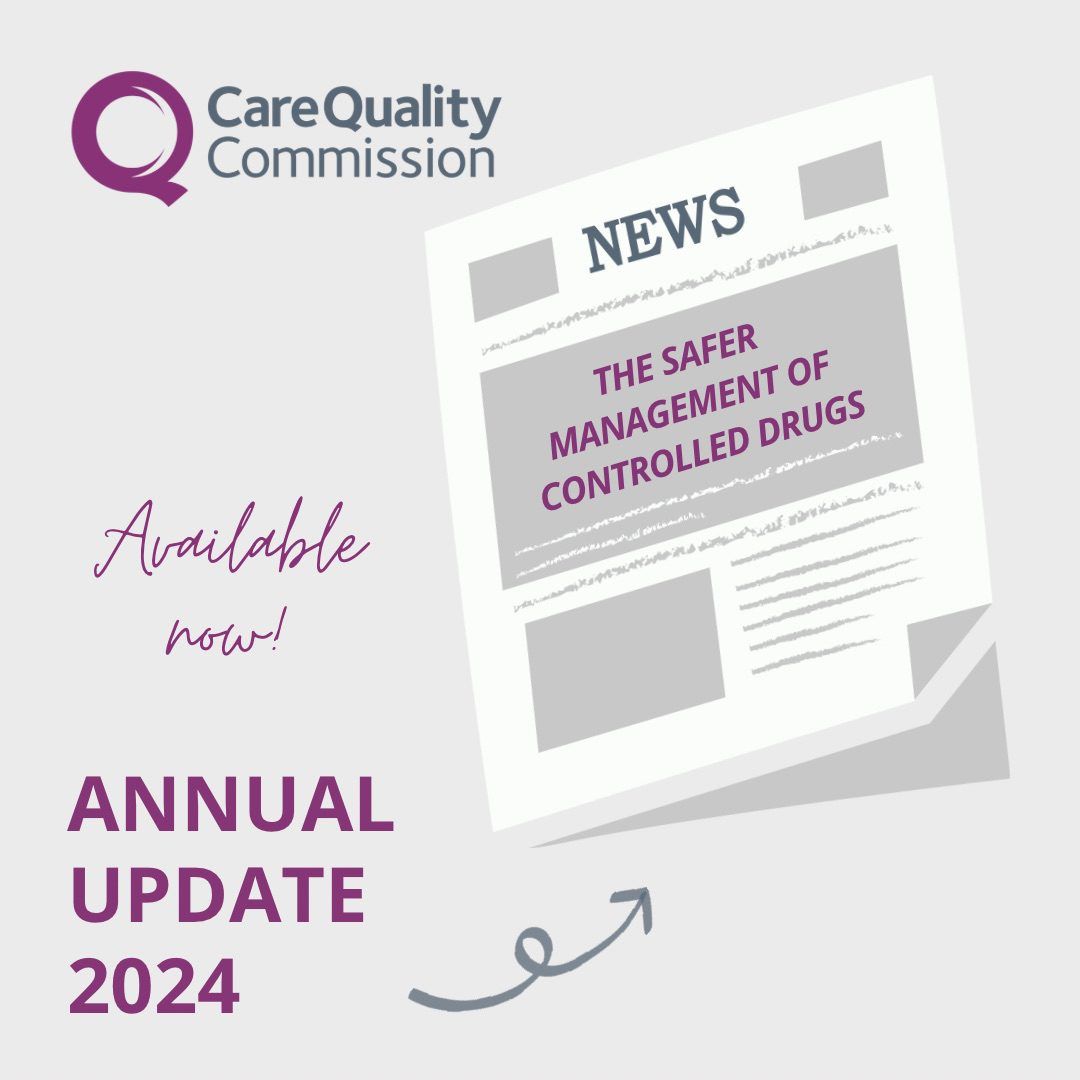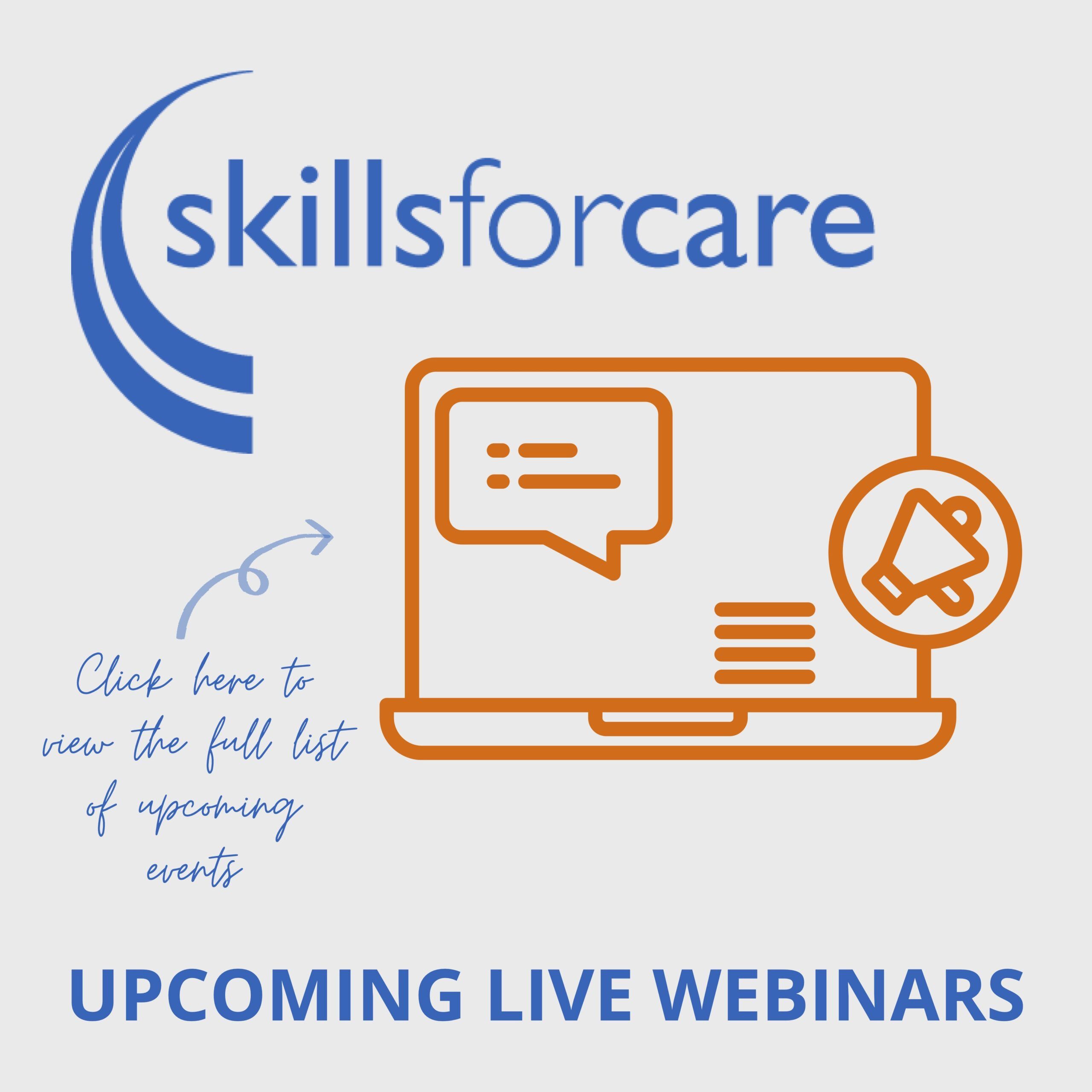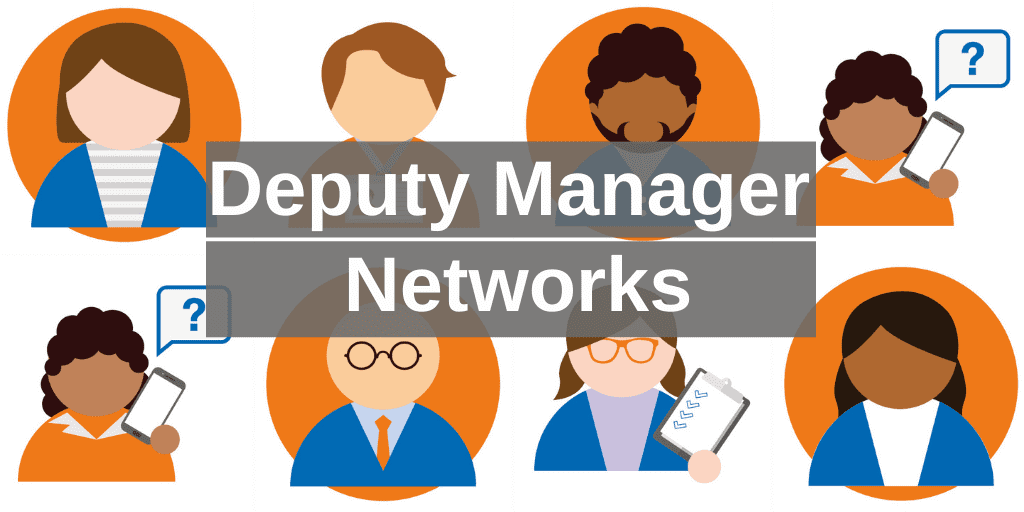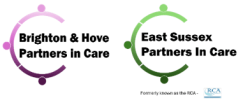The National Day of Arts in Care Homes – 24th September 2025
Hosted by the National Activity Providers Association (NAPA), the National Day of Arts in Care Homes celebrates and promotes arts engagement in care settings. This year’s theme is Going Green, celebrating creativity through sustainability. From sculptures made with scrap materials to nature-inspired paintings and group projects using found objects, the focus is on exploring the artistic potential of recycled, reused and natural materials.
Whether you’re planning something simple or more ambitious, there are plenty of free resources to spark ideas and support your event.
